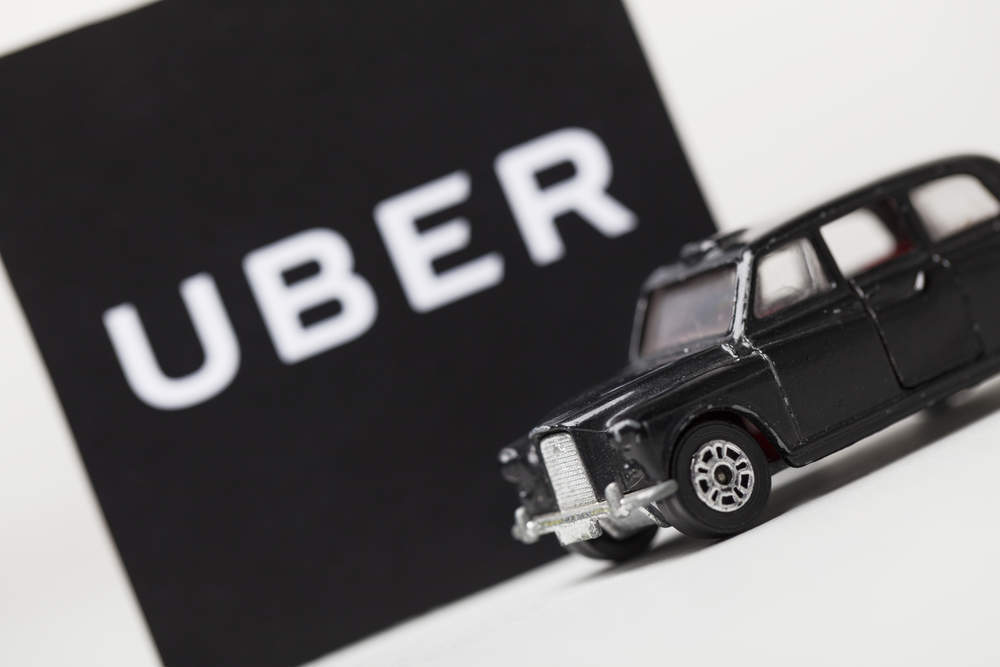
Transport for London has ruled that US ride hailing app Uber’s licence will not be renewed after 30 September in a shock decision that could see 40,000 London Uber drivers go without work from next month.
London has now become the latest place to ban the startup, alongside Barcelona, Denmark, and Macau.
Importantly, TfL Uber will be able to continue operating in London “until any appeals processes have been exhausted”. Uber now has 21 days to launch an appeal.
TfL has today informed Uber that it will not be issued with a private hire operator licence. pic.twitter.com/nlYD0ny2qo
— Transport for London (@TfL) September 22, 2017

US Tariffs are shifting - will you react or anticipate?
Don’t let policy changes catch you off guard. Stay proactive with real-time data and expert analysis.
By GlobalDataRead more: These are all the places Uber has been forced to leave
What does this mean for Uber?
Mayor of London, Sadiq Khan, issued a statement:
I want London to be at the forefront of innovation and new technology and to be a natural home for exciting new companies that help Londoners by providing a better and more affordable service. However, all companies in London must play by the rules and adhere to the high standards we expect – particularly when it comes to the safety of customers. Providing an innovative service must not be at the expense of customer safety and security. I fully support TfL’s decision – it would be wrong if TfL continued to license Uber if there is any way that this could pose a threat to Londoners’ safety and security. Any operator of private hire services in London needs to play by the rules.
Uber’s general manager Tom Elvidge also issued a statement:

Uber has been battling against regulation pressures around the world in recent months and this decision is a serious blow to its ambitions to rework itself as a reputable company.
In Uber’s quest for the ultimate disruption of the taxi industry, it has come up against regulators and local governments time and time again that are not happy with the way it conducts itself.
New chief executive Dara Khosrowshahi has getting Uber unbanned around the world as one of the top issues on his to-do-list.
The issues that TfL has brought up against Uber — failing to report serious offences, giving out medical certificates, driver checks, and use of its so-called Greyball tracking technology — are all things Uber has previously admitted it needs to improve.
The banning of Uber in as high profile city as London will give Uber serious cause to re-consider how it handles these issues.
Uber has made its fair share of enemies in London due to its business practises over the last few years.
Uber’s own drivers, local licensed black cab drivers and politicians have all criticised the company and lobbied for it to be forced to change how it operates. MPs have called for Uber to be banned and the London Assembly has unanimously voted to ban Uber.
What’s the reaction from the tech industry?
Uber is the most successful startup in the world, with a $70bn valuation, and is credited as the ultimate “disrupter”. It’s unsurprising then that there is a concern in the tech industry in London about what this could mean.
Tom Butterworth, head of early-stage practice at the UK’s branch of Silicon Valley Bank, which lends to startups, told Verdict:
“Uber has had challenges like this in multiple markets. This isn’t a decision that’s going to suddenly stop you from getting an Uber at 6pm this evening.
“The main thing is what’s going to happen in the next step in terms of the appeal. Some appeals can last for months or years – will it be a quick process for the final decision?
“The sentiment from the sector is going to be pretty consistent in the sense that there’s a lot of Uber customers but also a lot of people support disruption and innovation in any industry.”







